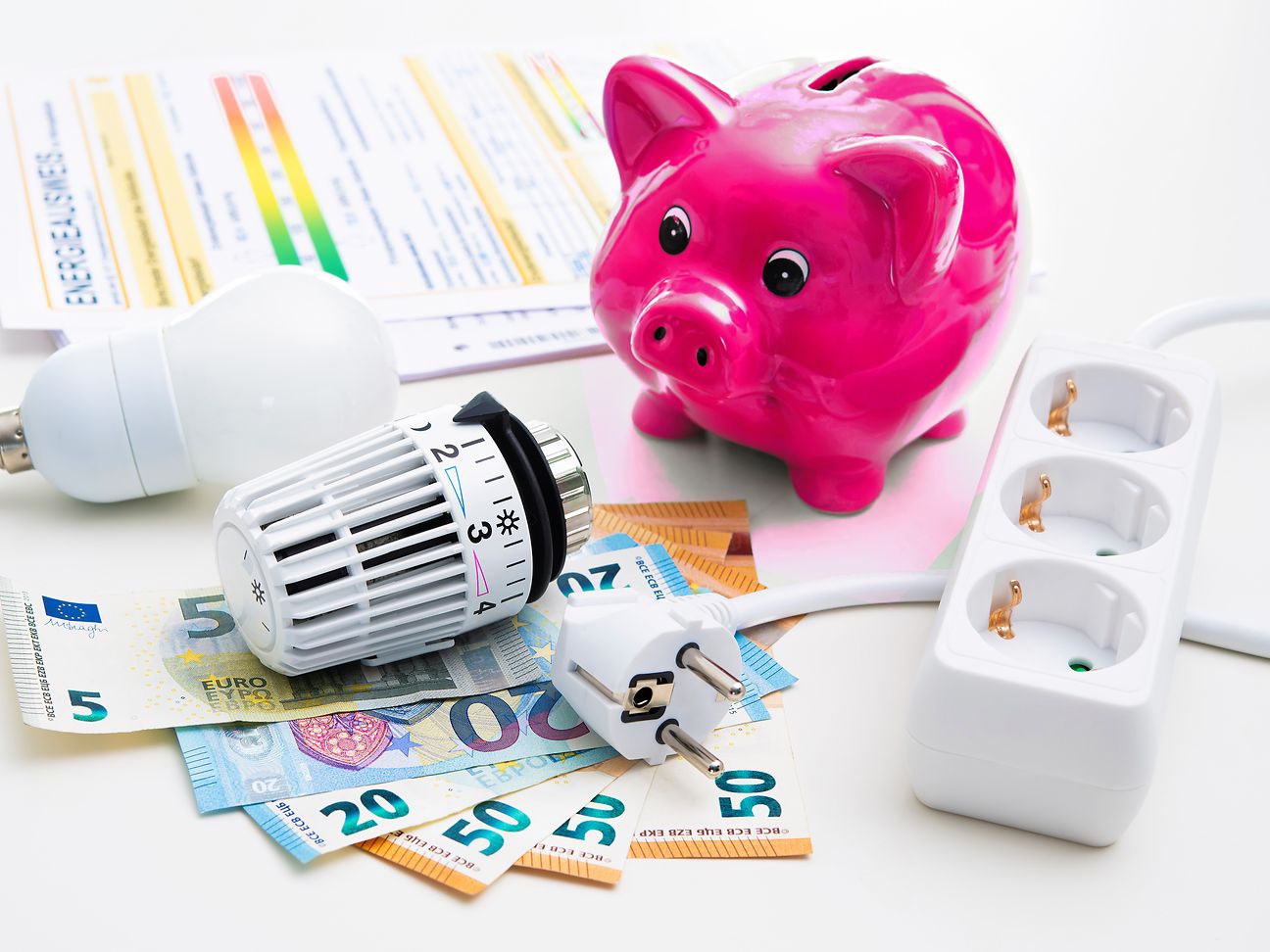

Reducing energy consumption with digitization
The attack by Russian forces on Ukraine is having a massive impact on the economy and society: higher inflation, rising prices for energy and food, shortages are occurring. People in Germany are feeling the rapidly rising energy prices. Companies are also paying more for gas, coal and oil. Deutsche Telekom has three tips for companies, consumers and cities on how to reduce their energy consumption and save costs.
Low-energy building management
According to the United Nations Environment Programme, the building and construction sector is responsible for nearly 40 percent of all energy- and process-related emissions. Yet, according to the US Environmental Protection Agency, an average of 30 percent of the energy used in commercial buildings is wasted. Digital solutions from Telekom help reduce energy consumption in buildings, rooms and the workplace: IoT applications record and analyze the building data obtained. Those responsible receive corresponding messages on how they can use buildings, rooms and workplaces in a more demand-oriented manner. For example, rooms can be heated according to their specific use. This lowers energy consumption and CO2 emissions, reduces costs through demand-oriented consumption and brings maximum consumption transparency. The e-book "Smart Building" shows many application cases and references from practice.
Saving energy with lighting
Cutting energy costs, reducing CO₂ emissions while also doing something about insect mortality? This is possible with intelligent luminaires and lighting management in the cloud. A visit to the Birkenfeld Environmental Campus of Trier University shows how smart street lighting can be can be used to combine strategic sustainability policy, intelligent climate protection and regional value creation.
We are all familiar with air, water or soil pollution. But excessive use of artificial light is also a "polluter" with serious consequences for humans, animals and the environment. We illuminate private homes, offices or factories. We use artificial light liberally outdoors: street lighting, illuminated sports facilities or billboards like in Times Square in New York. Intelligent, digital solutions help to combat "over-lighting": conventional street lighting accounts for more than 40 percent of cities' energy consumption. By using intelligent lighting, city councils can reduce light pollution and cut their electricity costs by up to 70 percent. Telekom also offers intelligent lighting systems that can be set to different light levels depending on the season and time of day.
Smart grid helps save electricity
Smart metering systems bring transparency and intelligence to our electricity consumption. Managing energy, gas and water in an energy-efficient and sustainable way helps suppliers and customers. This is only possible with the grid and digitization. If consumers know more precisely in what quantities they are using valuable resources, they can take countermeasures if necessary. Smart meters, for example from Kamstrup, help with this. They use the SIM card of the Telekom, pass on data via mobile radio and network all participants in the electricity market: electricity producers, those responsible for the electricity grids, electricity consumers and the operators of electricity storage facilities. So-called smart metering reduces household energy consumption by up to ten percent of annual consumption, according to the European Commission.
